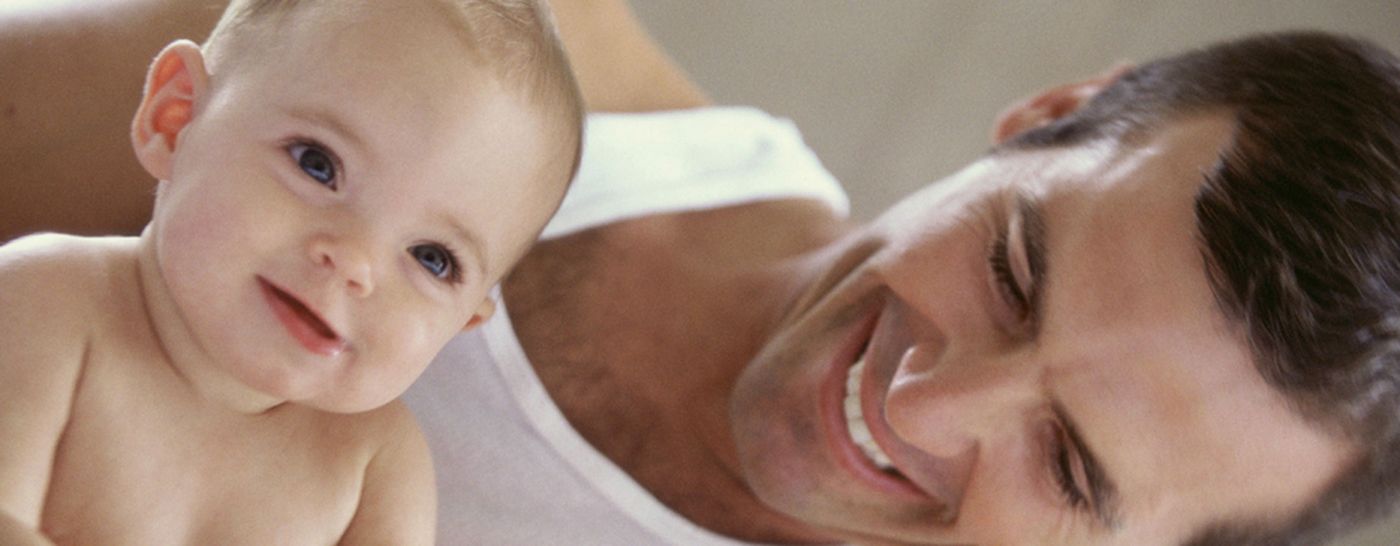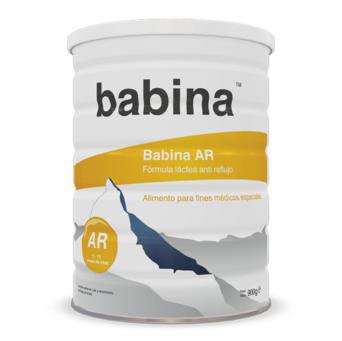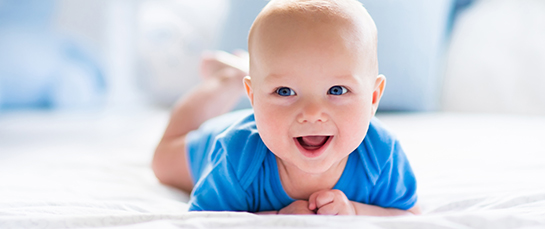Every child develops in a different way
All babies develop in their own time and way and each baby develops some skills before others.
Baby's developmental milestones
Blowing raspberries and babbling are good examples of some amazing developmental milestones. Blowing raspberries is one of the first forms of communication. Your little one is experimenting with their mouth and tongue. Your baby will probably make a raspberry and love it. But many babies skip this phase and go straight to babbling, where they start experimenting with sounds. It represents the beginning of real communication, with listening for a reaction and responding. Babbling starts around four months of age. The first babbles often include ‘p,’ ‘b,’ and ‘m’ sounds. Around the age of six to seven months the babbles become more speech-like and you may hear the first ‘Mama’ or ‘Dada’ now and then too. Sometime between 18 months and two years, your child may begin to form sentences with up to four words.
Between 0 to 3 months
During this early stage, your baby’s body and brain is learning to live in ‘the outside world’. Actually these first months of life are all about eating, sleeping and crying but you can also look forward to your baby lifting their head, making silly sounds or smiling for the first time.
- Lifting their head briefly while lying on their tummy.
- Making the first sounds; your baby may have developed a personal repertoire of sounds, cooing and gurgling.
- Smiling; your baby will be smiling in response to your smiles and trying to get you to smile back.
- Tracking objects with their eyes.
- Opening and shutting their hands, bringing hands to their mouth and griping objects in their hands.
Between 4 to 6 months
With their blossoming personality, babies are reaching out and manipulating the world around them. They discover their hands and voices and can cut their first tooth any time between three months and their first birthday.
- Rolling over from front to back or back to front. This usually comes as a surprise for both you and your baby!
- Babbling and laughing, making the first sounds.
- Reaching out for and grabbing objects.
- Sitting up with support and developing head control.
Between 7 to 9 months
During the second half of the first year, your little one becomes a baby on the go. He or she is becoming mobile, trying new foods, playing new games and figuring how to connect. Your baby will start eating the first finger foods. Self-feeding is a big milestone in your baby's development. At around eight to 12 months, children will begin to use the thumb and index fingers to feed themselves. They explore food through the senses of touch, taste, sight and smell.
- Starting to crawl. Some babies never crawl, moving directly to sitting up, standing and walking.
- Sitting without support and learning to pull up to a standing position.
- Babbling ‘Mama’ and ‘Dada’ and responding to their name.
- Waving, clapping, pointing and playing games, such as ‘peekaboo’.
Between 10 to 12 months
Your baby is really on the move. Watch out mum and dad, I am crawling, pulling up and about to make my first steps soon. Get your camera ready! Your child is communicating more and self-feeding is continuing to develop. As parents you can start thinking about first birthday celebrations.
- Moving around the room on foot while holding onto the furniture.
- Your child will pay more attention to your words. Words such as ‘Mama’ and ‘Dada’ become specific names for you as parents; they may say one or two words and will understand simple words used every day.
- Pointing at objects they want in order to get your attention.
- Your child may start copying observed behaviour. For example brushing hair or babbling into the phone. Because they are great imitators, at this age they are eager to ‘help’ you as your do work around the house.
- Taking the first steps. This usually happens around the first birthday, but it can vary greatly.







